Berlin Film Festival 2016: Mani Haghighi: An interview with the director of Ejhdeha Vared Mishavad! (A Dragon Arrives!)
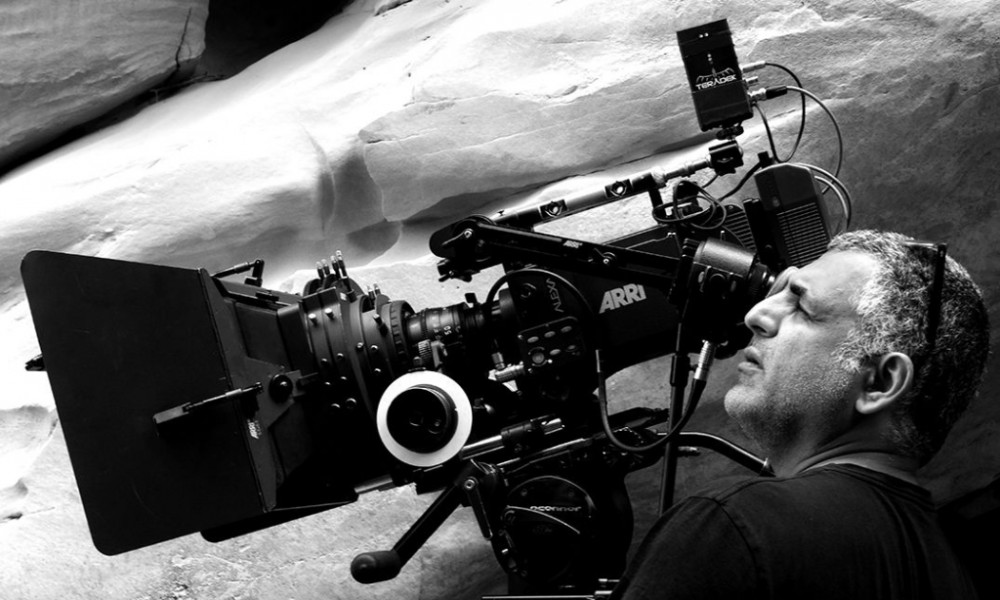
There are numerous straight-faced absurdities in Iranian director Mani Haghighi’s new film Ejhdeha Vared Mishavad! (A Dragon Arrives!). The end result could easily be messy, and yet the multiple elements combine to make a thoroughly enjoyable (although at times perplexing) ride. We sat down with Mani Haghighi at the 66th Berlin Film Festival, where his new work was competing for the grand prize. He spoke of his unique sources of inspiration, and why dealing with Iranian censors can be rather enjoyable… for masochists.
This is a vastly different Iranian film from those that international audiences might be used to, and yet it’s still distinctively Iranian. What made you want to tell this story?
You have to realise that only a small proportion of what is done in Iran is representative of what makes it to foreign film festivals. So there’s a very specific image that you get of what Iranian cinema is like. Simple things, kids running in villages, very simple allegorical stuff like that. That doesn’t really represent Iranian cinema as it should. There are many different kinds of films being made in Iran all the time. So this film just happened to pop out, almost by accident. But the inspiration for this comes from a variety of places. It comes from at least ten to 20 literary, cinematic and philosophical sources. So it’s hard to say exactly where it came from, and it’s been in the making for many years. This is an idea that came to me at least 15 to 20 years ago. I was sitting in a barber shop, waiting for my haircut while reading a newspaper, and I read an article about a snake. It was a very large snake, something that had been genetically modified, and it had been found in a graveyard. So, a large snake in a graveyard is where the story started. So then I asked myself “What happens when a very large snake moves in a graveyard? And why does it move? And what does it feed on?”, and my imagination went to work as I was waiting for my haircut. It just took off. If you want one starting point, that’s the point.
This is a multi-layered, genre-shifting film. Did you always plan to tell your story in such a unique, indefinable style?
I had the story, but initially I wanted to write a story about three filmmakers who were supposed to make a documentary about these very strange events that were taking place in the desert. And they would go there, and they’re too late. So whatever was going to happen has already happened, and they’re left there with the debris. It’s a puzzle that they have to put together. And then I thought about what would be more fun: documentary filmmakers or detectives, and so it evolved over time. But it was still not enough for me because it seemed like a straightforward linear adventure story, and I wanted something more exciting to happen. The thing that made me want to make the film after 15 years of thinking about it was when I decided that it wasn’t going to be a linear story that we were going to tell. It was going to be a flashback story, and we were looking for what happened to the three people in the story, just like we see how those three people were looking for the reason why the earth shakes. So there are two investigations going on. One is mine, and one is theirs.
Your film has numerous references to those that your grandfather made. Was this always your plan, or was it a happy coincidence?
It’s not a tribute or an homage. I decided when I was planning the story that the time setting of the film would have to be almost contemporary, so that there would be people who were alive at the actual fact. So then I could find the interrogators and the police and other people who were featured in the film. So it needed to be contemporary in that way, but it couldn’t be so contemporary that everyone would know about the events of the film. So I chose the period from 1963 until about 1967 as a period where it’s close enough for people to still be remembering stuff from around then, some people anyway, but it needed to be a time when I hadn’t been born yet. I was born in 1969, so I thought that 1965 was a good time. I did extensive research about what was happening in Iran in 1965, and I found three really important moments from Iranian art in that period, and one is the Brick and the Mirror, which just so happens to be a movie that my grandfather made. It’s an homage to modernist Iranian art, and one of them happens to be by my grandfather, which really did help.
Filmmakers in Iran need to deal with seemingly strict censorship. What is it actually like to present a film to these government censors?
The problem that I’ve always had with all my films is that the Iranian censors, like all censors throughout history, are paranoid about stuff they don’t think they understand. So when they’re encountering something that seems meaningless and weird, and they don’t quite understand what it refers to, they make up, in a completely paranoid way, the worst possible meaning that it could have, and they present me with that. So there have been articles already written about this film that one part represents the nation and another part represents the martyrs of the revolution, and it takes a lot of effort on my part to convince them that they’re wrong. Fortunately they’re reasonable enough that when I ask them to prove it – to prove to me that their interpretation is correct – when they can’t do that, they seem to be a little ashamed. It’s like a case of being guilty until proven innocent. It takes a lot of work, hours and hours of discussion. I need to be very patient with that. And in fact, I enjoy it in a masochistic kind of way. I love going to the Ministry of Culture and talking to them. A lot of directors, and I think it has a lot to do with your own character, have announced that they would never step into that room, and that they would never negotiate with the ministry. And I just think that they’re impatient people. Everybody changes their film in one way or another. Some people are pressured by their producers, other people are pressured by the audience, and some people are pressured by the censors. I have a lot of patience for the censors, I actually love doing these negotiations with them, because I change their minds, and I think there’s some good in that.
Oliver Johnston
Read our review of Ejhdeha Vared Mishavad! (A Dragon Arrives!) here.
Read more of our reviews and interviews from the festival here.
For further information about the Berlin Film Festival 2016 visit here.


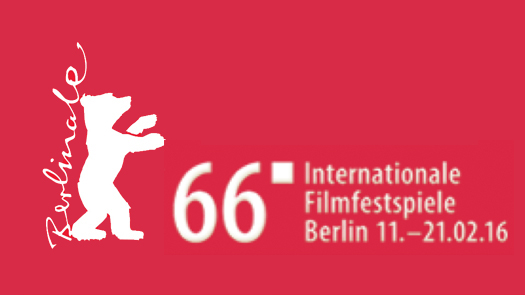











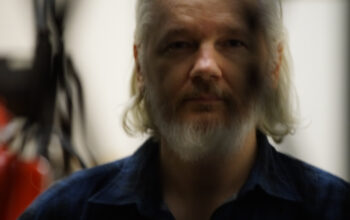

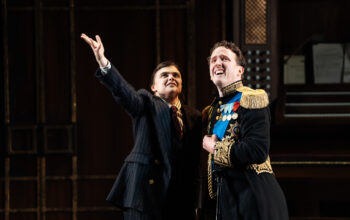


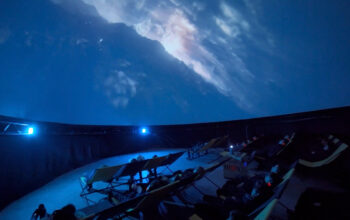



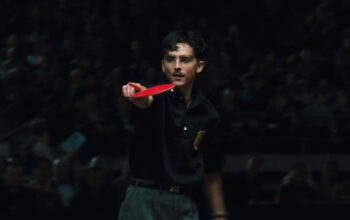



Facebook
Twitter
Instagram
YouTube
RSS